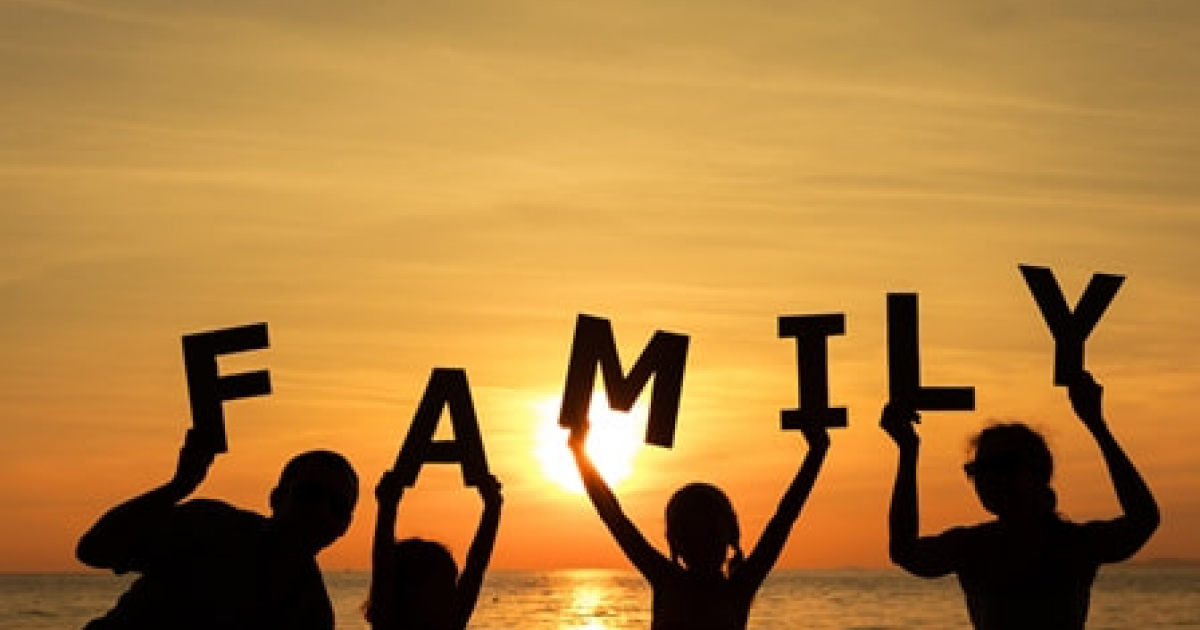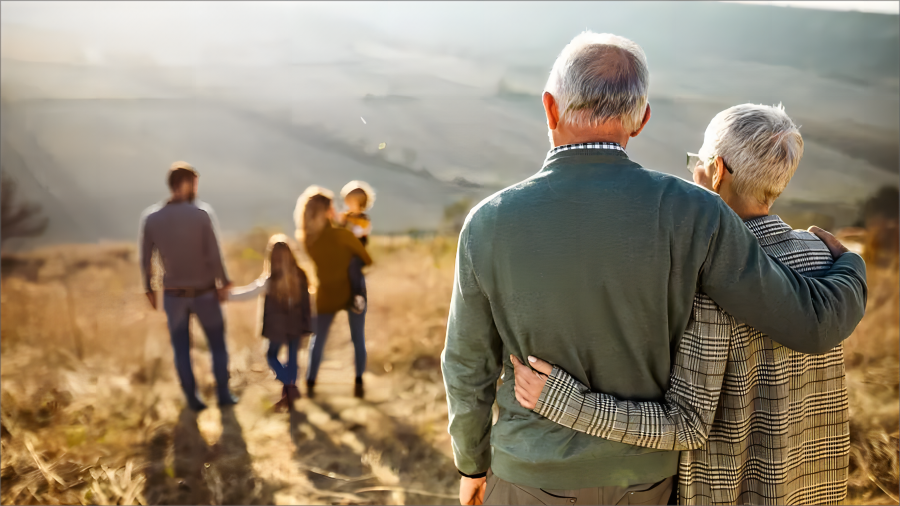There are always people asking, can you eat with someone who has cancer? What should you pay attention to when eating with cancer patients? The main concern of those asking this question is about the possibility of cancer being contagious. Many people believe that cancer can be transmitted, so they avoid and guard against their loved ones and friends with cancer, refraining from hugs, eating together, handshakes, and even avoiding spending extended periods together, fearing they might catch cancer.
Does cancer really spread? In daily life, it seems that certain places or even certain villages have a higher incidence of certain cancers. Further narrowing down, there seems to be a phenomenon where multiple members of many families, or spouses, simultaneously or successively develop certain cancers. Aren't these phenomena clear evidence that cancer can be contagious? So, does cancer really spread?
So far, there is no sufficient evidence to prove that cancer can be transmitted from person to person. Cancer is not an infectious disease, and there is absolutely no evidence that cancer can be directly transmitted to another person through the air, droplets, or other forms of contact in daily life.
Many people think: Don't doctors say that many cancers are caused by viruses and bacteria? Doesn't medicine say that viruses and bacteria are contagious? Doesn't this indicate that cancer can be contagious? Indeed, the occurrence of certain cancers is related to certain viruses or bacteria, such as nasopharyngeal cancer associated with the Epstein-Barr virus, liver cancer associated with the hepatitis B virus, cervical cancer associated with human papillomavirus, and stomach cancer and gastric lymphoma associated with Helicobacter pylori. However, it is important to understand that these viral or bacterial infections are only related to the occurrence of certain cancers and are potential causes of cancer, not that cancer itself can be contagious. Moreover, even if infected with these viruses or bacteria, it does not necessarily mean that one will develop a certain cancer.

What should you pay attention to when eating with cancer patients? Why do some families have multiple cancer patients, or even spouses with cancer? Although people living in the same area or in the same family are more likely to develop a certain type of cancer, suggesting a suspicion of cancer transmission, in reality, this so-called cancer transmission is simply due to shared or similar environments, or family members having highly similar lifestyles and habits. These unhealthy lifestyles, habits, or environmental pollution are important factors leading to the occurrence of cancer.
For example, if a family enjoys eating salty and spicy foods, family members influence each other and adopt similar lifestyles and dietary habits, thereby increasing the probability of developing the same cancer. What should you pay attention to when eating with cancer patients? Should utensils be used separately? For this question, the answer is: It is recommended to use separate utensils as much as possible! However, this has nothing to do with the fear of cancer transmission; rather, it is advisable from a hygiene perspective to use separate utensils whenever possible, even if there are no cancer patients in the household, especially for children. Lastly, remember, if your family member or friend unfortunately develops cancer, please spend more time with them, eat together, shake hands, hug... show them your love, don't discriminate, provide them with care and support, don't avoid or shy away from them, don't rub salt in their wounds, and don't cause them additional physical and emotional harm.


